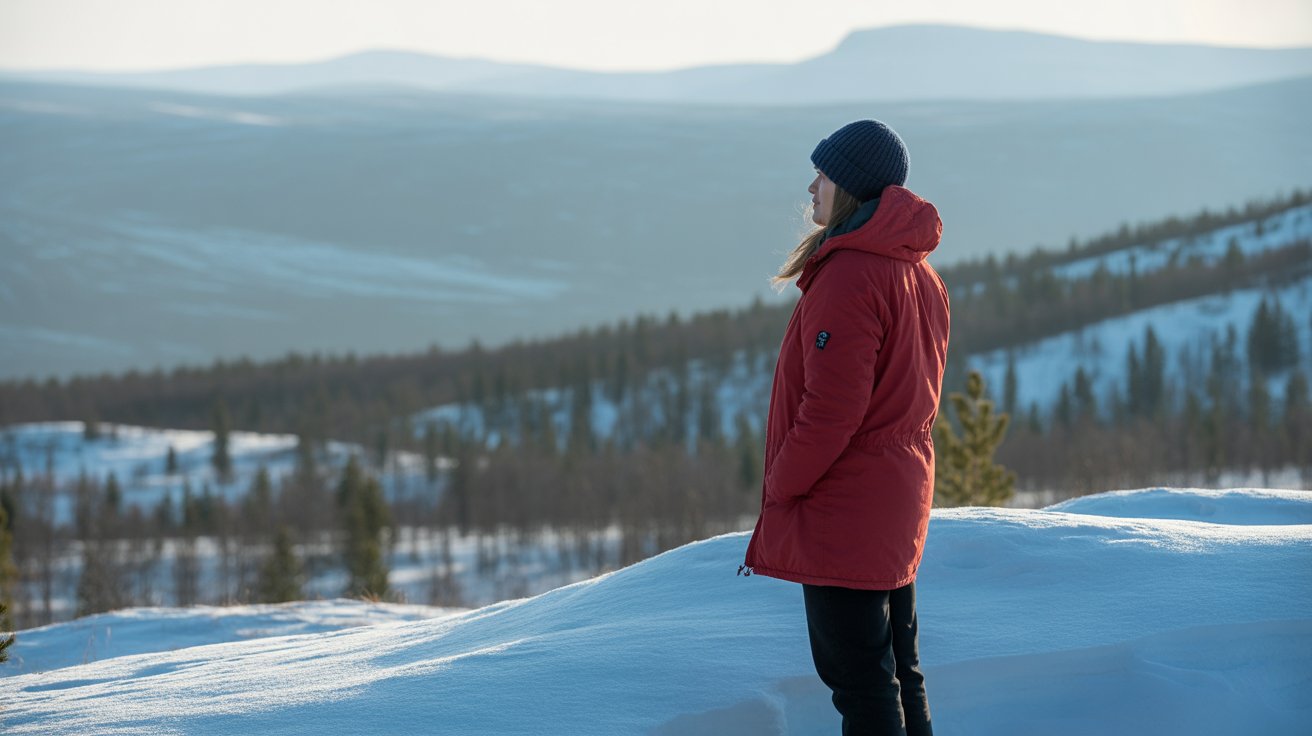Finland — home of the Northern Lights, sauna culture, and snowy Lapland adventures — is one of Northern Europe’s cleanest and most sustainable destinations. But with rising visitor numbers in Helsinki, Rovaniemi, and Lapland’s ski resorts, the question arises: Is there a tourist tax in Finland in 2025?
Currently, Finland doesn’t have a nationwide tourist tax, but the idea is gaining traction. Some municipalities are debating local environmental fees to help protect nature, maintain tourism infrastructure, and support sustainability programs.
This guide explores what Finland’s tourist charges might look like in 2025, how Lapland and Helsinki compare, and what travelers can expect going forward.
2. Does Finland Have a Tourist Tax in 2025?
As of 2025:
- ❌ No national tourist tax is officially applied in Finland.
- 💡 Discussions are underway to introduce local visitor fees, especially in Lapland and Helsinki.
- 🌿 Some eco-lodges and national park areas already collect voluntary sustainability contributions (€1–€3 per night).
This means that for now, most travelers don’t pay extra fees, though changes may come soon.
3. Tourist Fees by City (2025)
| City/Region | Tourist Fee (2025) | Who Pays | Notes |
|---|---|---|---|
| Helsinki | None (proposed €2–€3 in 2026) | N/A | Under review by Helsinki City Council |
| Rovaniemi (Lapland) | €1–€2 (voluntary) | Visitors staying overnight | Used for nature protection & local tourism |
| Tampere | None | N/A | Considering eco-tax proposal |
| Turku | None | N/A | No plans as of 2025 |
| Levi & Saariselkä (Lapland) | €1–€2 (voluntary) | Tourists | Collected by some hotels & resorts |
💡 Tip: When booking, check your accommodation’s “environmental contribution” policy — some properties include it automatically.
4. How Would Tourist Fees Work in Finland?
If Finland introduces a nationwide or citywide tourist tax, it would likely follow the European model:
- Charged per person, per night (usually €1–€3).
- Collected by hotels, hostels, and Airbnb hosts.
- Shown as a separate line on your bill (“visitor tax” or “eco-fee”).
- Used to support local sustainability and waste management projects.
5. Comparison: Lapland vs Helsinki
| Category | Lapland | Helsinki |
|---|---|---|
| Tourism Focus | Nature, winter sports, Northern Lights | Urban tourism, business, culture |
| Tourist Tax (2025) | Voluntary €1–€2 per night | None (proposed €2–€3 for 2026) |
| Purpose | Protect nature & Arctic wildlife | Support city cleanliness & infrastructure |
| Who Collects It | Hotels, lodges, resorts | (Future) City of Helsinki |
| Traveler Impact | Minimal | None yet |
💡 Example: A 3-night stay in Rovaniemi might include a €3–€6 eco-fee, while a similar stay in Helsinki remains tax-free in 2025.
6. Why Finland Is Considering a Tourist Tax
Finland’s government and tourism boards are discussing a visitor tax for three main reasons:
- Environmental Sustainability – Managing waste and protecting forests in national parks and Lapland regions.
- Infrastructure Funding – Supporting public transport, hiking trails, and tourist facilities.
- Responsible Tourism – Encouraging visitors to contribute to Finland’s eco-friendly goals.
These funds could help maintain Finland’s “clean, quiet, and green” brand — key to its international tourism appeal.
7. City-Specific Developments
🏙️ Helsinki
- Considering a €2–€3 per person, per night tax starting 2026.
- Supported by the Helsinki Tourism and Events Bureau to handle rising maintenance costs.
- Expected to apply to hotels, guesthouses, and Airbnbs.
❄️ Lapland (Rovaniemi, Levi, Saariselkä)
- Already experimenting with voluntary eco-fees.
- Proceeds go toward preserving Arctic nature and recycling programs.
- Lapland tourism boards support a national eco-contribution system.
🏖️ Turku & Tampere
- No official plans yet, but both cities have expressed interest in monitoring Helsinki’s model.
8. What Other Nordic Countries Are Doing
| Country | Tourist Tax Status (2025) | Rate (Average) | Purpose |
|---|---|---|---|
| Finland | Discussing introduction | €0–€3 (proposed) | Sustainable tourism |
| Sweden | Considering local fees | €2–€4 | City maintenance |
| Norway | No tourist tax yet | €0 | National park entry fees apply |
| Denmark | Some eco-fees | €2–€3 | Environmental initiatives |
| Iceland | National overnight tax | €4–€6 | Infrastructure & nature protection |
💡 Takeaway: Finland is following its Nordic neighbors’ path, balancing tourism growth with environmental responsibility.
9. Who Might Be Exempt from Paying
When implemented, expected exemptions will include:
- Children under 18
- Long-term stays (30+ nights)
- Business travelers
- Educational visits
- Medical or official travel
Hotels will clearly display exemptions at the time of booking.
10. Traveler Tips for Visiting Finland in 2025
✅ Check accommodation details: Ask whether an eco-fee applies.
✅ Stay green: Choose lodgings with “Sustainable Travel Finland” certification.
✅ Travel off-season: Enjoy Lapland in spring or autumn for lower rates.
✅ Explore beyond Helsinki: Visit Tampere, Turku, or Oulu for affordable stays.
✅ Pay small fees gladly: They directly help preserve Finland’s pristine environment.
11. FAQs
Q1. Is there a tourist tax in Finland in 2025?
👉 No, not officially — but voluntary eco-fees exist in Lapland.
Q2. How much might it cost once introduced?
👉 Likely between €1–€3 per person per night.
Q3. Does Helsinki charge visitors?
👉 Not yet — proposals suggest a €2–€3 fee from 2026.
Q4. What about Lapland?
👉 Some hotels charge small voluntary contributions for nature conservation.
Q5. Will it affect budget travelers?
👉 Only slightly — total costs stay minimal, around €5–€10 per trip.
12. Traveler Insights: Why It Matters
Finland’s approach reflects its eco-conscious identity. By 2026, a nationwide eco-tax could strengthen sustainable travel initiatives. Travelers contribute small amounts that help:
- Keep national parks clean
- Support local Arctic communities
- Fund green tourism infrastructure
In return, visitors enjoy the untouched beauty of Finland — from Helsinki’s harbor cafés to Lapland’s snow-covered forests — while helping preserve it for future generations.
13. Conclusion
The Finland tourist tax 2025 is still in discussion, but the direction is clear — a sustainable, eco-friendly fee system is on the horizon. While Helsinki plans to introduce charges soon, Lapland’s voluntary fees already lead the way.
For now, travelers can enjoy Finland’s wonders without mandatory extra costs, but expect modest contributions (around €1–€3/night) in the near future.
Finland’s tourism strategy proves that responsible travel can coexist with natural beauty — ensuring every sauna, ski slope, and silent forest stays as pure as ever.

